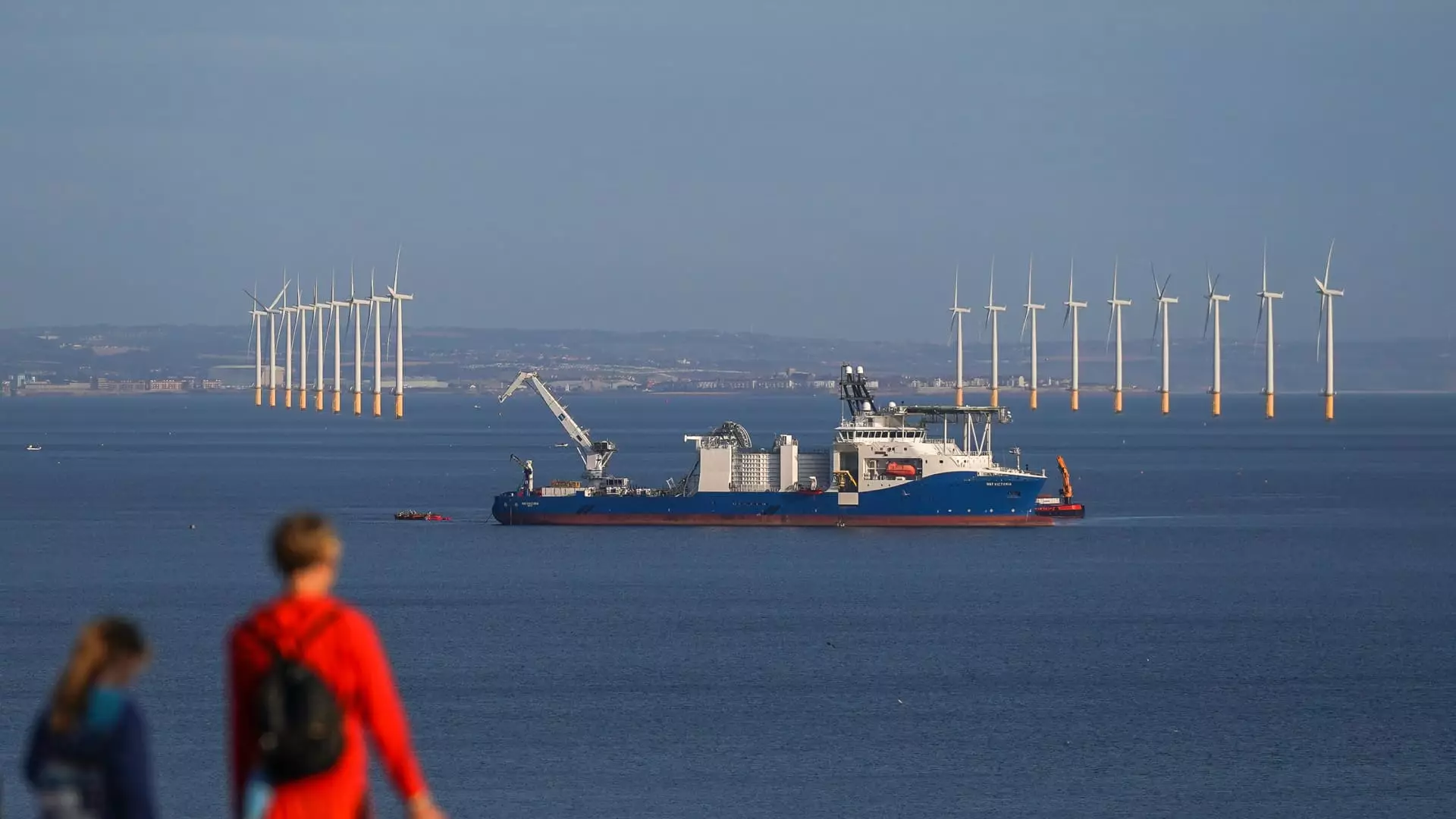In a recent outburst on social media, President-elect Donald Trump voiced his dissatisfaction with the United Kingdom’s Labour government’s energy tax policy, particularly criticizing its windfall tax on oil and gas producers. Trump’s commentary emerged in reaction to a report detailing Apache Corporation’s decision to end its operations in the North Sea by 2029, citing economic challenges stemming from the Energy Profits Levy (EPL). Such a move highlights significant concerns about the sustainability and profitability of energy production in the region, while shining a spotlight on broader energy policy debates.
The windfall tax, which was initially established to capture excess profits from energy companies operating in the North Sea, has seen its rate increase from 35% to 38%. The intention behind the mere existence of this policy is to generate revenue that can be reallocated toward the U.K.’s transition from fossil fuels to renewable energy. This strategy aims not only to reduce the nation’s carbon footprint but also to improve energy security and independence. However, it’s evident that this increase in taxation has met with stark opposition from energy companies, as illustrated by Apache Corporation’s decision to withdraw its investments.
Trump’s insistence that the U.K. should “open up” the North Sea and abandon wind energy initiatives starkly juxtaposes the U.S. approach to fossil fuels, which typically favors less stringent regulatory frameworks and an emphasis on conventional energy production. His rhetoric underscores a lingering belief that immediate economic gains from oil and gas extraction should take precedence over broader environmental considerations—a perspective that continues to polarize stakeholders on both sides of the Atlantic.
The debate surrounding the North Sea’s future is not just a matter of national economic health; it reflects a global reckoning with energy policies in the face of climate change. As countries strive for energy independence and reduced reliance on fossil fuels, the stakes remain high. The North Sea stands at a crossroads, positioned between a legacy of offshore oil and gas extraction and a burgeoning offshore wind sector that aims to cement the region as Europe’s premier green energy hub.
This ongoing transition, however, faces numerous hurdles, including escalating costs, supply chain disruptions, and the burdens imposed by inflation and rising interest rates. The U.K.’s ambition to champion exceptional offshore wind energy may hence be at risk, raising questions about how effectively they can pivot from traditional energy sources without compromising economic stability in the short term.
Trump’s dismissal of the UK’s current energy strategies points to larger, entrenched tensions within international approaches to energy policy. While his call to “get rid of windmills” may resonate with certain factions advocating for traditional energy sources, it fails to acknowledge the global movement towards sustainability. The challenge ahead lies in balancing the economic necessities of today with the environmental imperatives of tomorrow. The North Sea is emblematic of this struggle; its future as either a cradle of fossil fuel extraction or a beacon of renewable energy development will depend significantly on how policymakers navigate these pressing concerns in the coming years.


Leave a Reply